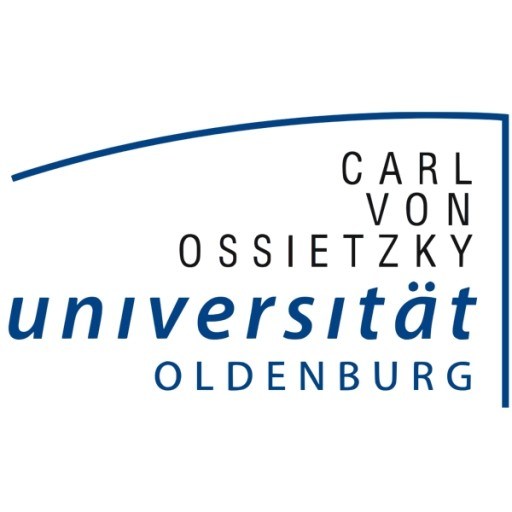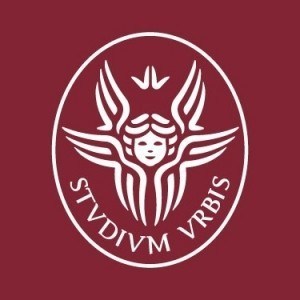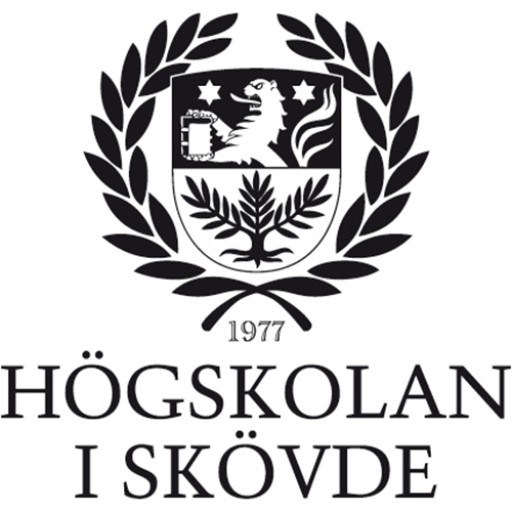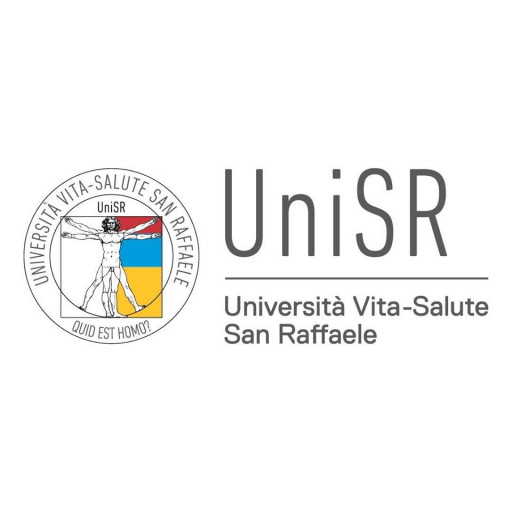The Master's program in Neurocognitive Psychology at the University of Oldenburg offers an interdisciplinary and research-oriented education designed to equip students with advanced knowledge and practical skills in understanding the neural and cognitive processes underlying human behavior. This program focuses on investigating the biological foundations of cognition, perception, language, memory, and emotion, integrating insights from neuroscience, psychology, and cognitive science. Students will explore how the brain supports mental functions, how neural mechanisms can explain behavioral variations, and how this knowledge can be applied to address clinical, technological, and societal challenges.
Designed for students with a background in psychology, neuroscience, or related fields, this program emphasizes both theoretical understanding and empirical research methods. Students engage in coursework that covers neuroanatomy, neurophysiology, cognitive modeling, experimental psychology, and neuroimaging techniques. Practical training includes conducting independent research, data analysis, and interpretation of experimental findings. The program encourages a multidisciplinary approach, fostering collaborations across fields such as biomedicine, computer science, and medicine.
The curriculum incorporates a range of modules that develop critical thinking, experimental design, and scientific communication skills. Students are also provided with opportunities to participate in ongoing research projects within the university’s state-of-the-art laboratories. The program prepares graduates for careers in academia, clinical settings, or industry sectors such as cognitive technology, artificial intelligence, or neurorehabilitation.
Throughout the course, students benefit from close supervision by renowned faculty members, emphasizing personalized mentorship to support individual research interests. The Master’s program in Neurocognitive Psychology at Oldenburg culminates in a thesis project, allowing students to contribute original findings to the field. Graduates will have a comprehensive understanding of the neurocognitive mechanisms influencing human behavior and will be well-equipped to pursue doctoral studies or specialized professional roles in neuroscience and psychology.
Educational organisation
The programme is designed in a modular fashion. The number of mandatory modules decreases towards the end of the programme, offering increased flexibility to students. The course lasts for two years or four semesters, during which a total of 120 credit points (CP) must be achieved from multiple parts. This includes 15 CP for a mandatory internship (lasting 12 weeks) and 30 CP for completing a Master's thesis with an accompanying Master's colloquium. Another 9 CP must be acquired via the practical project module. The internship can be carried out in one of the Psychology labs at Carl von Ossietzky University, another research lab, or in a clinical institution. The "general" portion of the course contains five mandatory modules, including a MATLAB course, comprising 42 CP. The "specialised" portion offers several different modules from which students may choose (requiring a minimum of 24 CP).The Master's programme Neurocognitive Psychology has the following structure:
General part (mandatory): 42 CP
- Research methods 12 CP
- Psychological Assessment and Diagnostics 9 CP
- Communication of scientific results 6 CP
- Minor 9 CP
- Computation in Neuroscience 6 CP
Specialised part (choose either four of the 6 CP courses or two of the 9 CP courses and one of the 6 CP courses): 24 CP
- Clinical Psychology 9 CP
- Psychophysics of Visual Perception and Illusions 6 CP
- Neurophysiology 6 CP
- Neurocognition 6 CP
- Sex and Cognition 6 CP
- Neuropsychology 9 CP
- Applied Cognitive Psychology 6 CP
- Human Computer Interaction 6 CP
- Neuromodulation of Cognition 6 CP
- Functional Neuroimaging 9 CP
Project part (internship mandatory; choose one practical project): 24 CP
- Internship or lab visit 15 CP
- Practical project (choose from: Applied Cognitive Psychology, Cognitive Psychology and Psychophysics, Experimental Psychology, Experimental Neuropsychology, Biological Psychology) 9 CP
Master's part (mandatory): 30 CP
- Master's thesis (27 CP) and Master's colloquium (3 CP) 30 CP
Total: 120 CP
Study abroad unit(s)
The curriculum is arranged in such a way that students can complete parts of their studies at another university or institution for higher education in Germany or abroad.Internships
The programme includes a mandatory internship (lasting 12 weeks). The internship can be carried out in one of the Psychology labs at the University of Oldenburg, another research lab, or in a clinical institution. Several cooperating institutions in the Oldenburg area, which work in area of clinical neuropsychology, accept applications for internships from students inscribed in the programme "Neurocognitive Psychology". Internships abroad may also be arranged.Forms of assessment
Oral examinationsWritten examinations
Practical exercises (experimental work, programming task)
Presentations
Project report
Internship report
Course objectives
Depending on the chosen modules, the programme either prepares your for a career in research or for an employment in applied settings (such as hospitals or industry). Several of our research-based modules prepare students in depth for entering a PhD programme in the area of cognitive neuroscience, offered by this or other universities. Our applied modules additionally guarantee a basic training in the area of clinical neuropsychology and human computer interaction.Please note that the programme is not designed for broad training in clinical psychology. We offer only a few modules in clinical psychology and psychological diagnostic. Please also note, that if your Bachelor's degree is not in Psychology, it will be unlikely that you can enter a postgraduate training to become a certified psychotherapist.
Language requirements
Applicants whose mother tongue is not English must produce a proof of English proficiency. English proficiency can be proven by an average of at least nine points in the last two years before obtaining A-levels (please include your A-level certificate), a six-month stay in an English speaking country, or a Bachelor's degree with English as the language of instruction. Otherwise a certified proof of English language skills at a B2 level is needed. In cases of doubt, the chairperson of the admission committee will decide on the presentation of English linguistic proficiency.Academic requirements
Applicants may be eligible for admission if they have completed a Bachelor's degree in the fields of psychology, cognitive science or in a related field with the emphasis of study on psychology and/or cognitive sciences. At least 90 credit points must have been obtained in the area of psychology and/or cognitive sciences including 5 credit points in statistics, 5 credit points in experimental work, 10 credit points in experimental psychology and 5 credit points in biological psychology/neurosciences.The admissions committee will evaluate the applicant based on the documents presented. The degree of eligibility depends upon the sum of the points from categories A and B, which are outlined below. The maximum number of points is 6.
Category A:
Grade average of qualified Bachelor's degree
- 1.00-1.50 4 Points
- 1.51-2.00 3 Points
- 2.01-2.50 2 Points
- 2.51-3.00 1 Point
http://www.uni-oldenburg.de/studium/anrechnungen/umrechnung-auslaendischer-noten/
Category B:
Further points can be obtained through additional qualifications. Please include all relevant documents in your application, especially information on internships and project work. These are evaluated by the admissions committee using criteria outlined below:
Certificates of completion of relevant internships or participation in projects related to cognitive neuroscience/neuropsychology with a total duration of at least three months (2 points)
Scientific publications/awards (1 point)
Proof of study abroad with a duration of at least six months (0.5 points)
A minimum of six months spent doing volunteer work or otherwise socially engaged (0.5 points)
Additional documents to be included are a letter of motivation (in English, one page) and the specific eligibility form (to be found on the programme website).
Further details on admission can be found in the "Admission Regulations" (currently available in German only).
Enrolment fees
Approximately 300 EUR per semester. Fee includes a semester ticket covering public transport in the Oldenburg area.Costs of living
Average total monthly expenses for students in Germany are 650-700 EUR. This includes rent, insurance, university fees, food and drink as well as recreation.It should be noted that health insurance is a requirement for all students, though you may already be covered by insurance from your home country or, for EU citizens, an EHIC card. German health insurance will cost approximately 79 EUR per month.
Job opportunities
Many students work as research assistants (HIWI, in German) in the labs associated with the programme.Funding opportunities within the university
The University of Oldenburg can support you with several scholarship programmes for studying in Germany and abroad. For Neurocognitive Psychology students, the following scholarships are applicable:Dr. Dettling-Stiftung (only for German and EU students)
Dr. h.c. Peter Waskönig-Stiftung
OLB-/EWE-Preis
Landesstipendium Niedersachsen
http://www.uni-oldenburg.de/en/students/scholarships
Arrival support
We offer an orientation week in which all aspects of the programme, the associated research groups, career perspectives etc are introduced. The week is accompanied by a recreational programme organised by the student body.Services and support for international students
The coordinator of the study programme offers advice on all questions regarding the study programme and student life.For questions specific to international students, you should contact the International Student Office (ISO). See: https://www.uni-oldenburg.de/en/iso.
The ISO runs an orientation week for international students at the beginning of the year. In addition to numerous social events, they also provide information on the following:
- Enrolment at the university and registering as a citizen in Oldenburg
- Study facilities, an introduction to the library and online Stud.IP systems
- Cultural aspects of living in Germany
- Support services and societies
Another source of help when you arrive is the "buddy" programme. German students who are already settled in Oldenburg volunteer their time to help new international students. This help includes, but is not limited to: signing into accommodation, showing you around the city and finding the nearest facilities (e.g. supermarkets)
https://www.uni-oldenburg.de/en/iso/studieren/service/buddy/for-international-students/
Accommodation
The student union (Studentenwerk) owns and runs several different student accommodation buildings around the city. Although student rooms in Germany are typically rented unfurnished, the Studentenwerk also provides furnished rooms for international students at affordable rates.See: http://www.studentenwerk-oldenburg.de/en/internationale-studierende.html
Renting a room in one of the halls of residence costs around 180-350 EUR per month (including utilities) depending on the size of the room and facilities available. Rooms in a private shared apartment (Wohngemeinschaft or WG, in German) tend to be more expensive.
There are several ways to find private accommodation including:
Local newspapers (e.g. the NWZ- see: http://immobilien.nwzonline.de/)
Websites where apartment listings can be narrowed down by desired criteria, such as number of flatmates or facilities available- see: http://www.wg-gesucht.de/
The Schwarzes Brett ("blackboard") on Stud.IP and several boards in the Mensa building on campus (if you are still looking once you arrive in Oldenburg)









